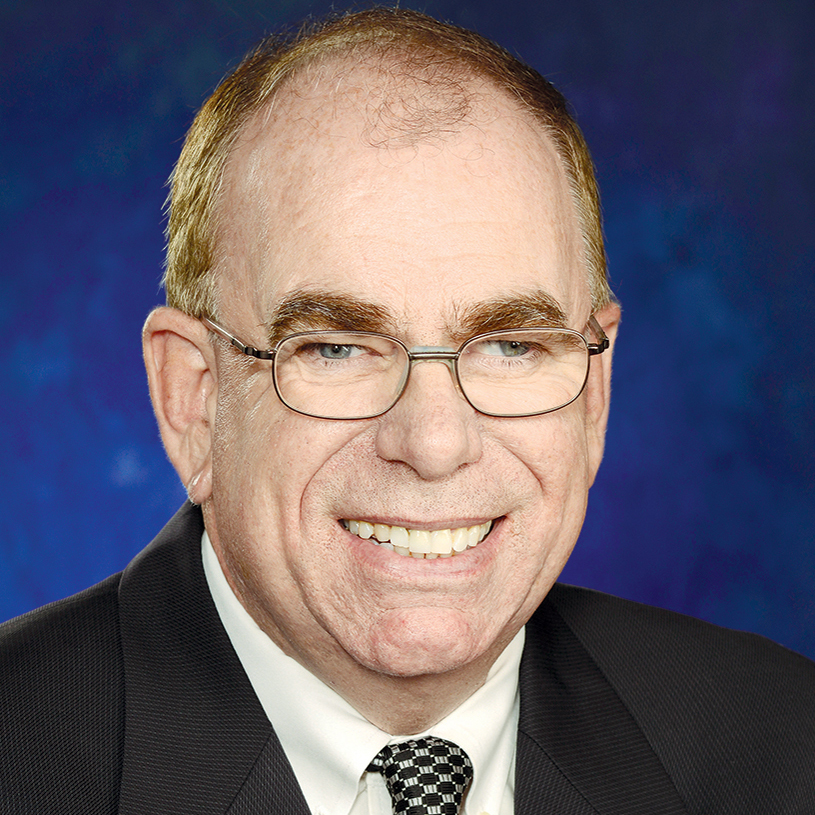

When I began my first job in journalism, there was a quant pre-Internet phenomenon at most newspapers.
The publication’s readers would occasionally do this thing called writing a letter to the editor. On actual paper. It would then be delivered by the US Postal Service. Imagine that.
We newbie reporters were admonished to take such correspondence very seriously. Particularly missives of the angry variety. The prevailing wisdom was that that each note represented the views of at least 100 others.
Even if that claim was a bit excessive, there was probably more than a little truth in its general sentiment: Far more than one person’s views were being shared.
I was reminded of that smoke-fire comparison while reading about a whopper of a lawsuit this week. New York Attorney General Letitia James has accused the owners of Centers Health Care of taking $83 million in Medicare and Medicaid funds for their own benefit.
To be fair, the operator will get its day in court. And by all accounts, the facility’s legal team more than welcomes that opportunity.
But here’s the thing: I’ve been covering this field for more than three decades, and charges of fraud or other illegal activity by long-term care operators are hardly rare. Commonplace is more like it.
And for every facility charged, how many more have dodged a bullet? The prevailing wisdom across the industry seems to be that a few bad apples are to be blamed. Maybe 5% or so. I think that figure is, to say the least, exceedingly generous to the industry.
Think I’m being harsh? Google “long-term care” and see what pops up. It won’t be long until you find enough apples to fill a bushel basket.
Which begs an interesting question: Wouldn’t it be in the industry’s best interest to police itself? Maybe yes, maybe no.
The benefits of such policing would appear to be obvious: more accountability, reductions in problematic behavior and reputational improvement.
Let’s not forget this obvious fact, however: Each facility is responsible for maximizing revenue. That in and of itself is not a bad thing. But the marginus maximus mandate can have a peculiar effect on some, especially those well-versed in the dark arts of billing options.
Whether it’s desperation, greed or some blend in between, a lot of facility operators are engaging in practices they would likely prefer to keep quiet. Or, at least, off the front page.
So who is going to be in charge of self-policing the bad actors? Associations? Don’t these organizations rely on dues from some of the very same operators likely to be misbehaving?
But there may another way to upgrade care in a way that all can see. More certification. Consider: The Joint Commission, in collaboration with the Alzheimer’s Association, just launched a memory care certification program for assisted living communities. (Full disclosure: neither organization currently has a business relationship with McKnight’s.)
The specialty certification, which is voluntary, is meant to recognize communities that are accredited by the Joint Commission and meet its standards to support the delivery of high-quality care for residents in whom Alzheimer’s disease or other forms of dementia have been diagnosed.
But why stop there? Certification for executive directors and other roles — such as the Certified Director of Assisted Living program, Executive Director of Assisted Living certificate course and Senior Living Sales Counselor certificate program offered by Argentum, or the Assisted Living Administrator certification from the American College of Health Care Administrators — can have a similar competency-raising benefit. And there would be no need for anyone in a compromised position to, ahem, serve and protect.
To be clear, certification in these and other areas is no panacea. Or even remotely close to being a full solution.
But all things considered, it is probably the best option currently available. At least, for operators who see a commitment to care as more than a handy phrase.
John O’Connor is editorial director for McKnight’s Senior Living and its sister media brands, McKnight’s Long-Term Care News, which focuses on skilled nursing, and McKnight’s Home Care. Read more of his columns here.

